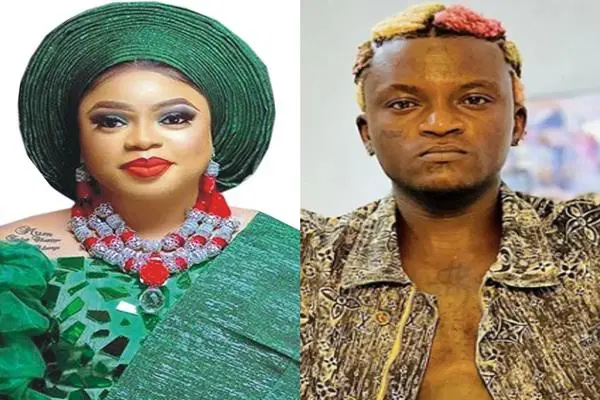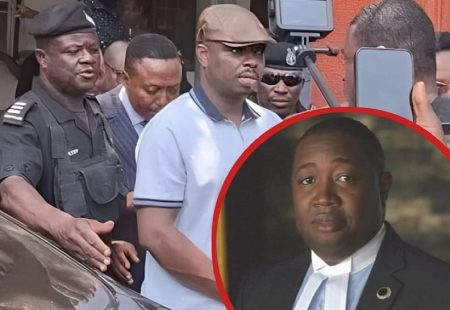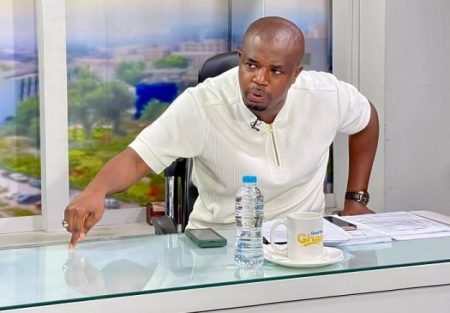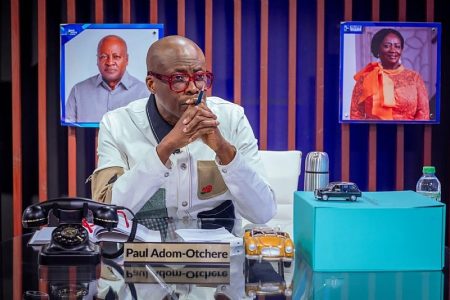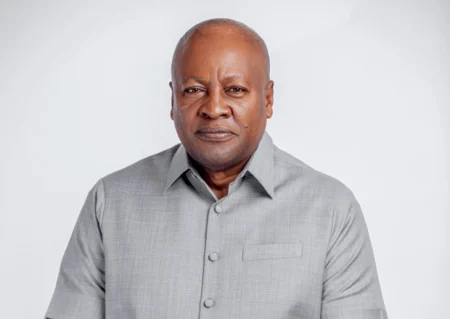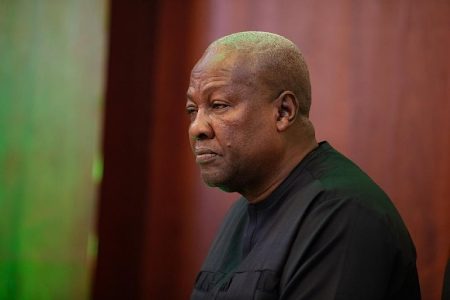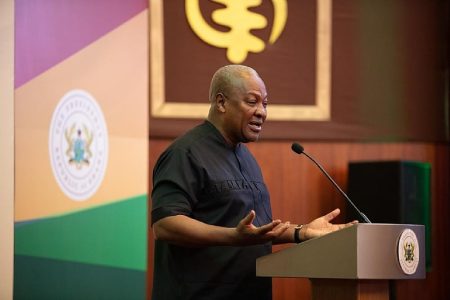Habeeb Okikiola, better known by his stage name Portable, a controversial figure in the Nigerian music scene, recently disclosed details about his past relationship with crossdresser Bobrisky, shedding light on their camaraderie and eventual fallout. In a candid conversation on the Echoroom podcast, Portable portrayed himself as a voice of reason, claiming to have offered Bobrisky advice regarding his lifestyle choices, urging him to embrace a definitive gender identity. Portable’s comments, framed within a self-proclaimed divine messenger persona, highlight a complex interplay of personal beliefs, societal norms, and the public performance of identity in contemporary Nigeria.
Portable’s recounting of his interaction with Bobrisky is infused with a sense of moral authority. He asserts having told Bobrisky to definitively choose between being a man or a woman, suggesting a binary view of gender that contrasts sharply with Bobrisky’s public presentation. The singer questioned the rationale behind Bobrisky’s choice to present as a woman, a question rooted in societal expectations and traditional gender roles. This questioning underscores the ongoing debate surrounding gender identity and expression in Nigeria, a country where cultural and religious norms often clash with evolving understandings of gender. Portable’s public pronouncements place him within this larger societal conversation, albeit on a side that often adheres to more traditional viewpoints.
The relationship between Portable and Bobrisky, as portrayed by Portable, is marked by both familiarity and tension. Despite their public feuds and disagreements, Portable referred to Bobrisky as a “friend” at one point, suggesting a prior level of closeness. This seeming contradiction – acknowledging a friendship while simultaneously critiquing Bobrisky’s lifestyle – reflects the complexities of human relationships, particularly within the public eye. The two personalities, both known for their provocative online presence, seem to have navigated a dynamic that fluctuated between camaraderie and conflict. This fluctuation likely contributed to the public fascination with their interactions.
The public nature of their disagreements adds another layer to the narrative. Both Portable and Bobrisky have cultivated online personas that are often controversial and attention-grabbing. Their clashes, often played out on social media platforms, become amplified within the digital sphere, attracting both support and criticism from various quarters. Their differing views on gender identity provided fodder for public discourse, fueling discussions about personal freedoms, societal expectations, and the boundaries of acceptable behavior within the Nigerian context. The online arena became a stage for their disagreements, transforming personal conflicts into public spectacles.
Beyond the individual personalities, the Portable-Bobrisky saga reflects broader social dynamics. Nigeria, like many countries, grapples with evolving understandings of gender identity and expression. Traditional norms and religious beliefs often intersect with more fluid and inclusive perspectives, creating a complex social landscape. The public debate surrounding Bobrisky’s identity is emblematic of this larger societal struggle. He has become a lightning rod for both admiration and condemnation, embodying the ongoing tensions surrounding gender nonconformity in a conservative society.
Portable’s comments on the Echoroom podcast, while seemingly personal, contribute to this broader discourse. They provide insight into the prevailing attitudes towards gender nonconformity in Nigeria, highlighting the challenges faced by individuals who challenge traditional norms. While Portable’s statements may be interpreted as judgmental, they also offer a glimpse into the complexities of navigating identity in a society grappling with changing social mores. The story of Portable and Bobrisky, therefore, transcends the realm of celebrity gossip, becoming a reflection of larger social and cultural trends within contemporary Nigeria. Their interactions, played out in the public arena, become a microcosm of the larger societal conversation surrounding gender, identity, and acceptance. Their story serves as a reminder of the ongoing evolution of societal norms and the challenges faced by those who choose to live outside of traditional expectations.





